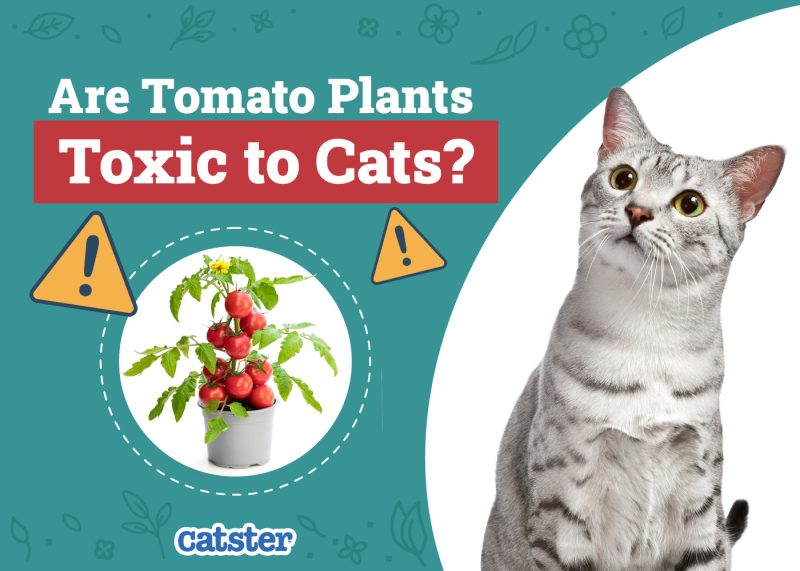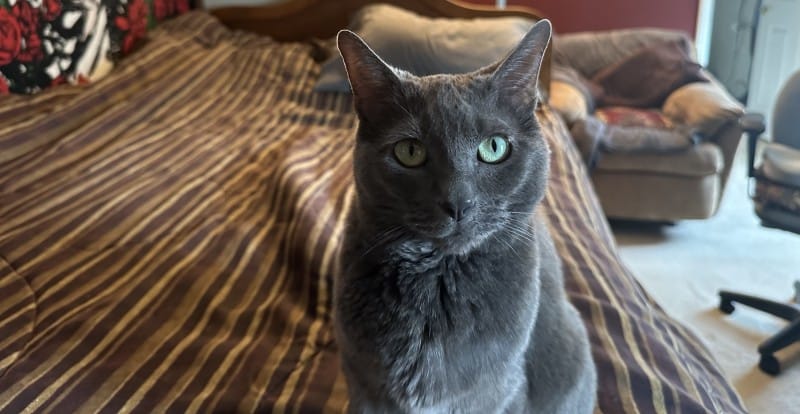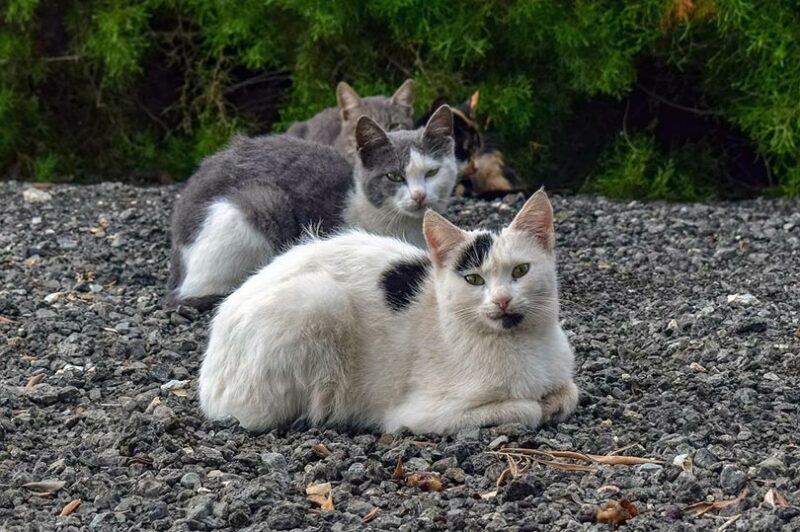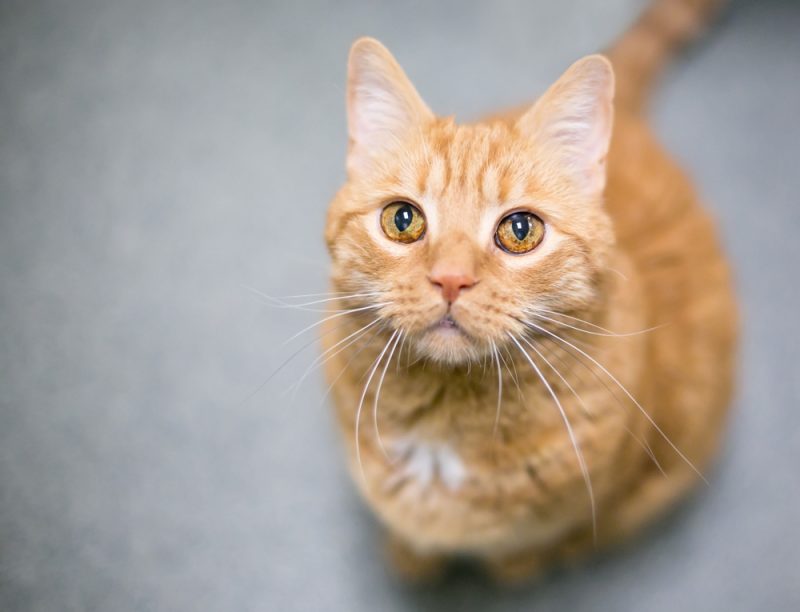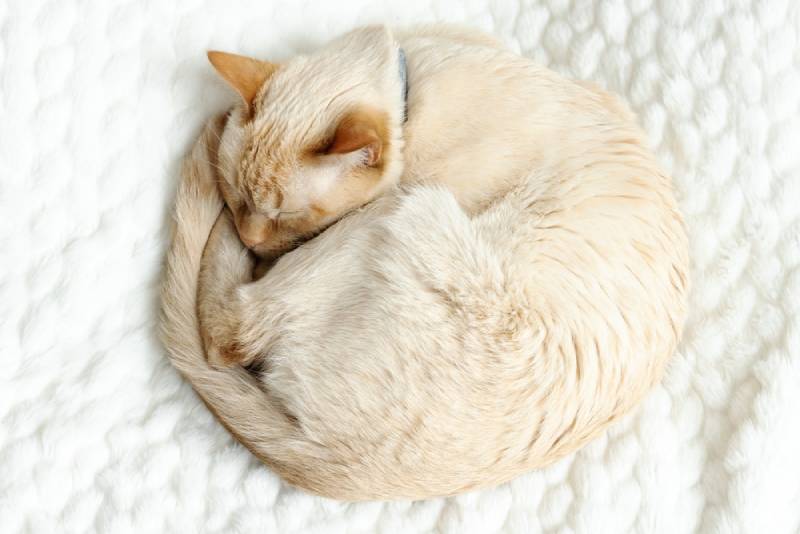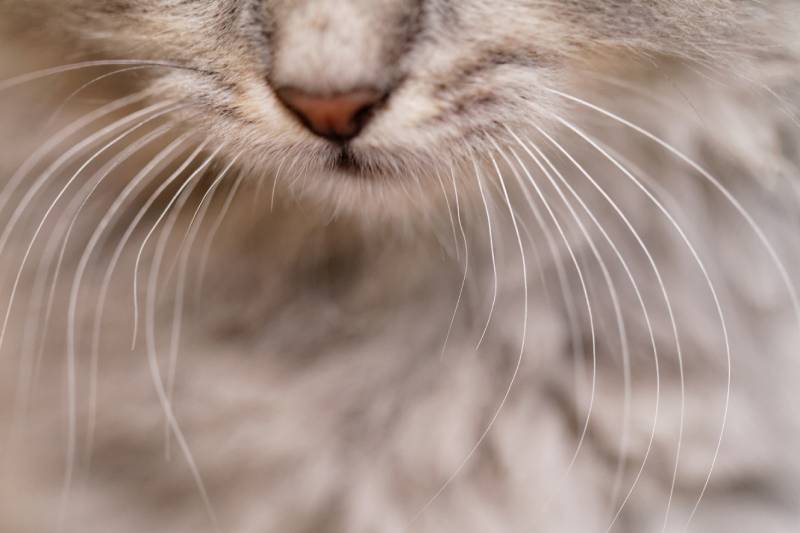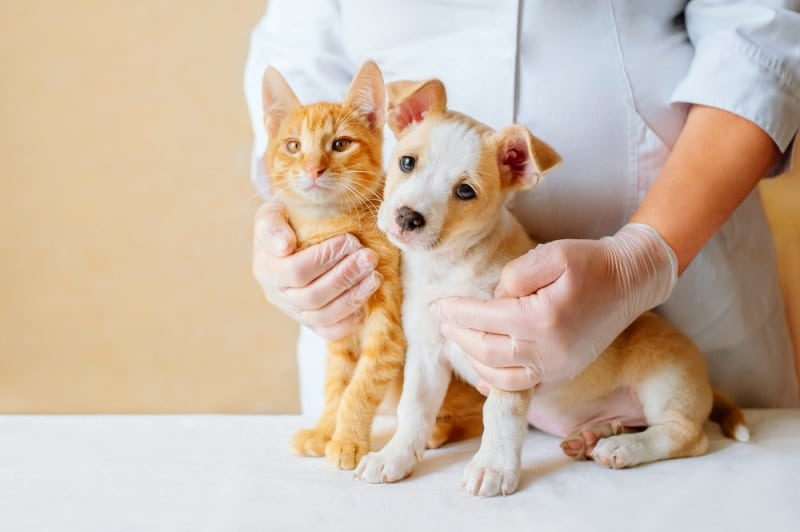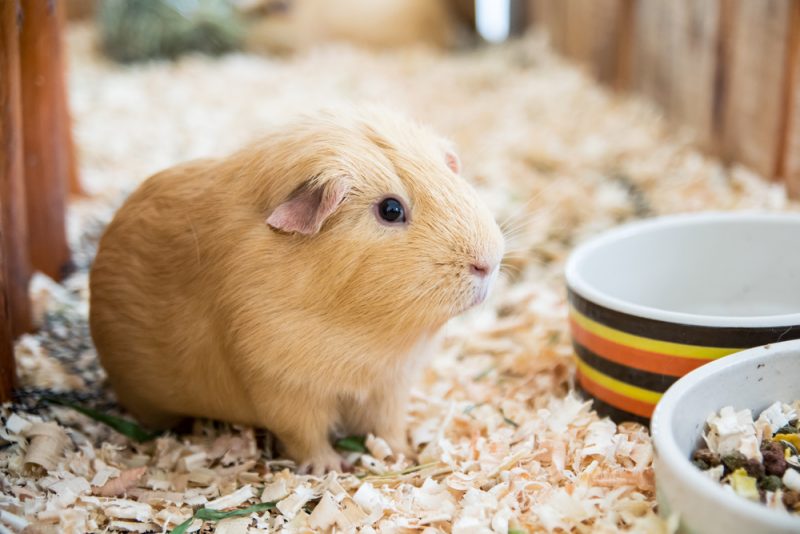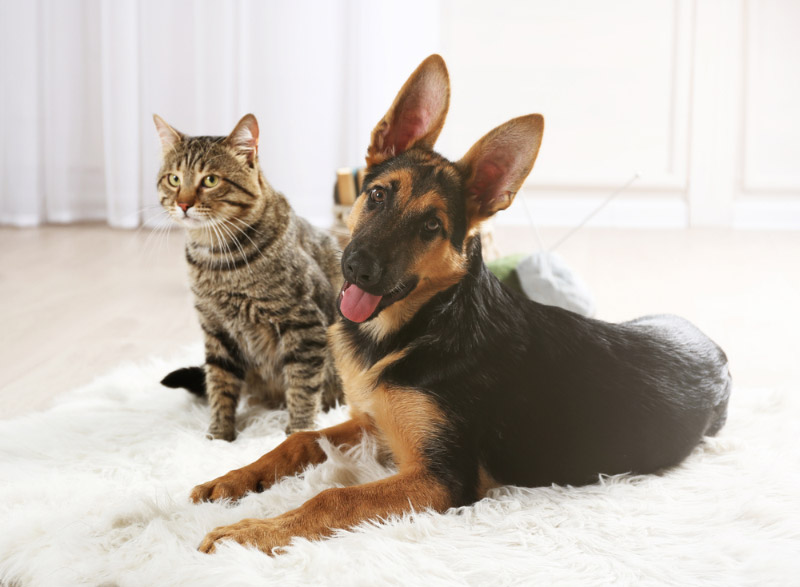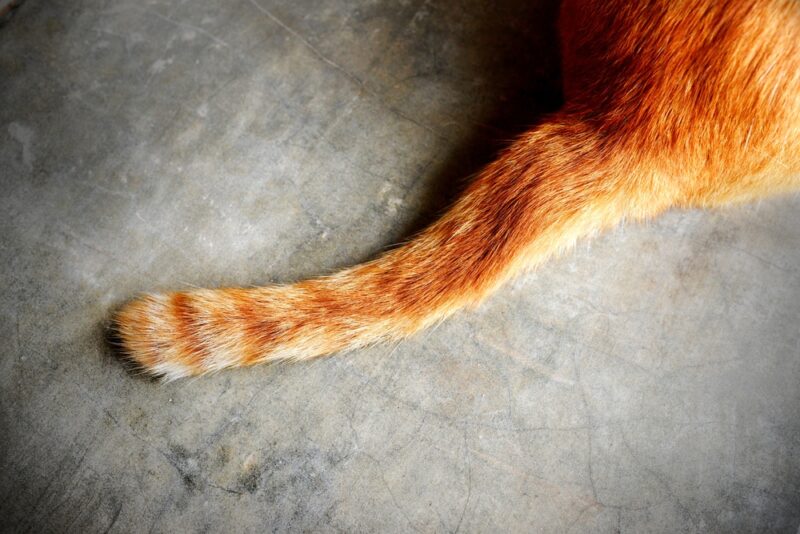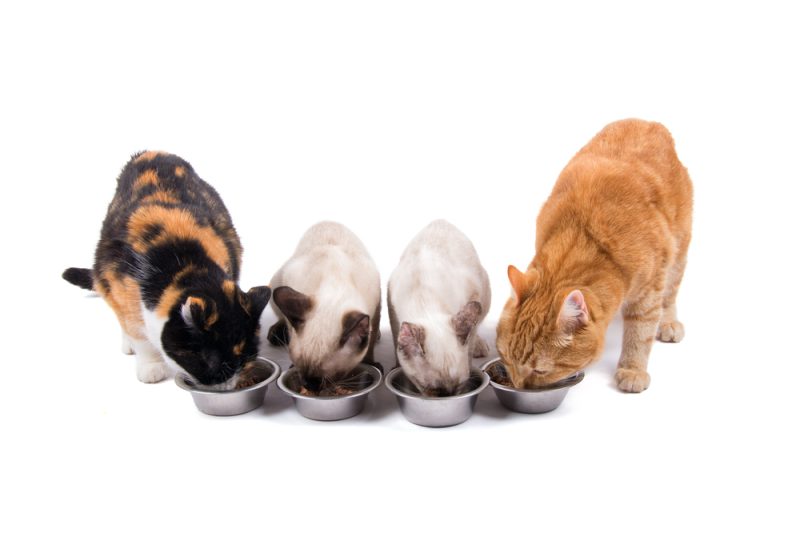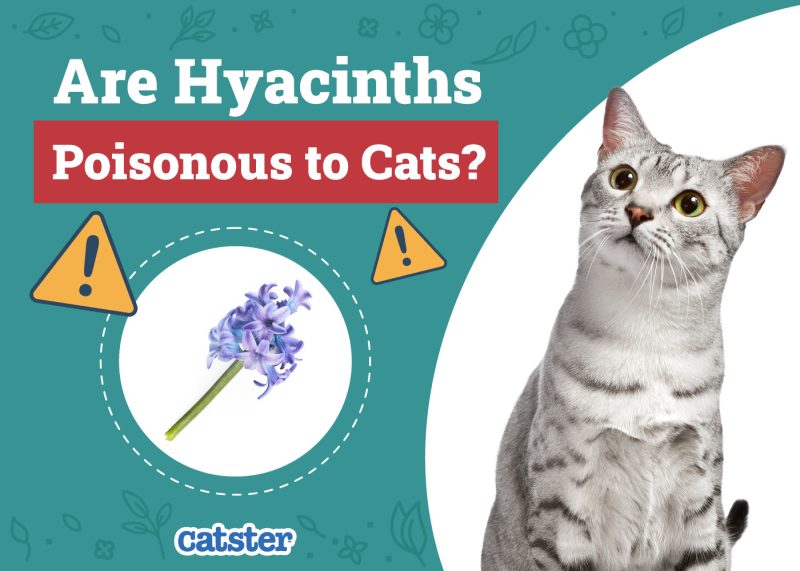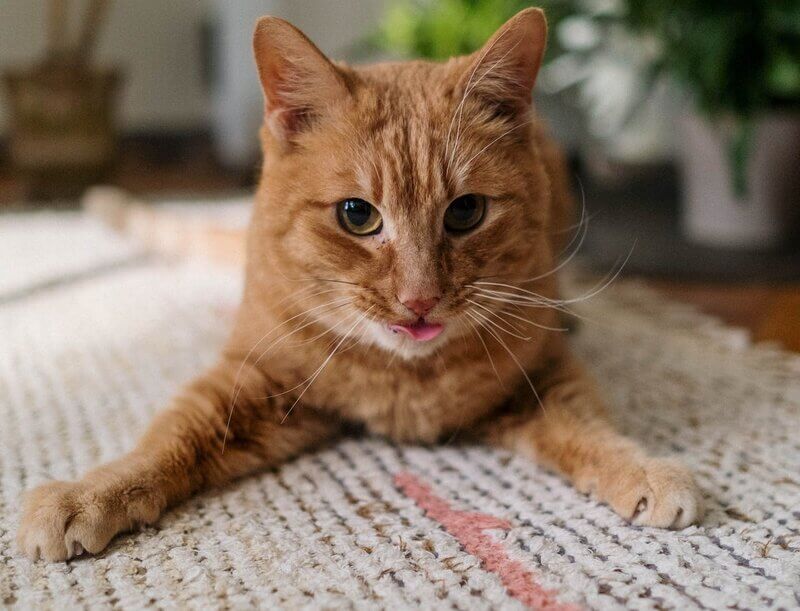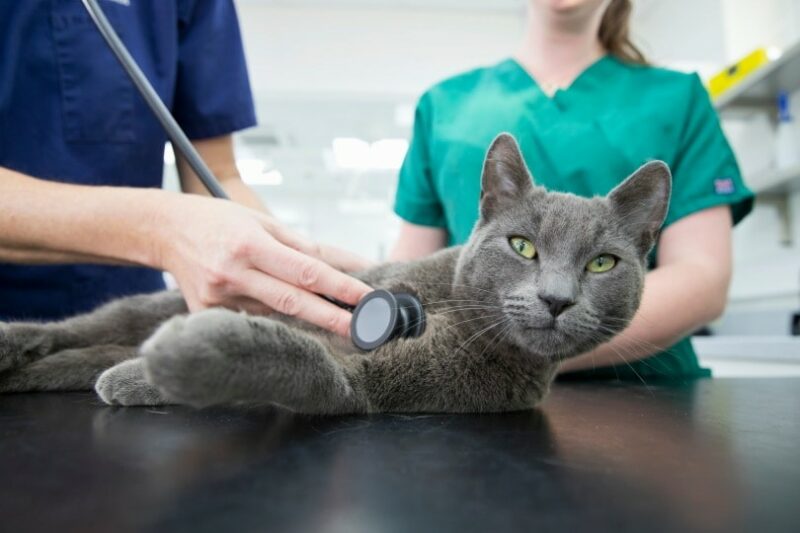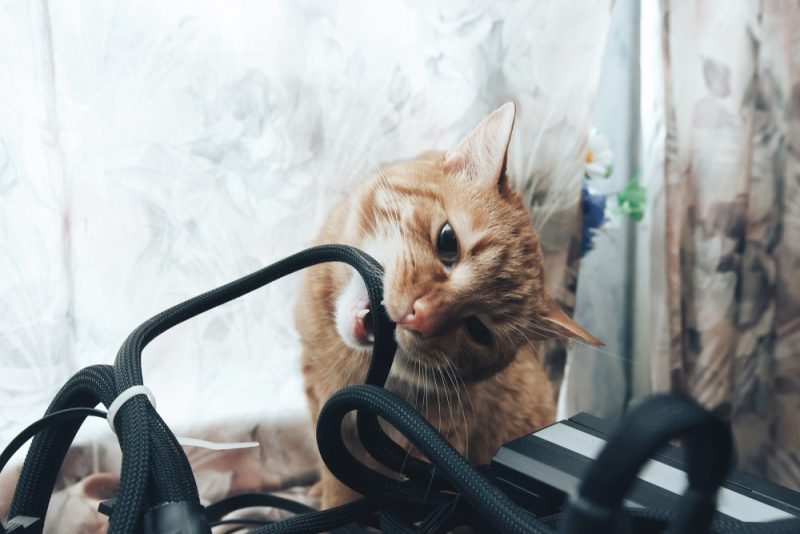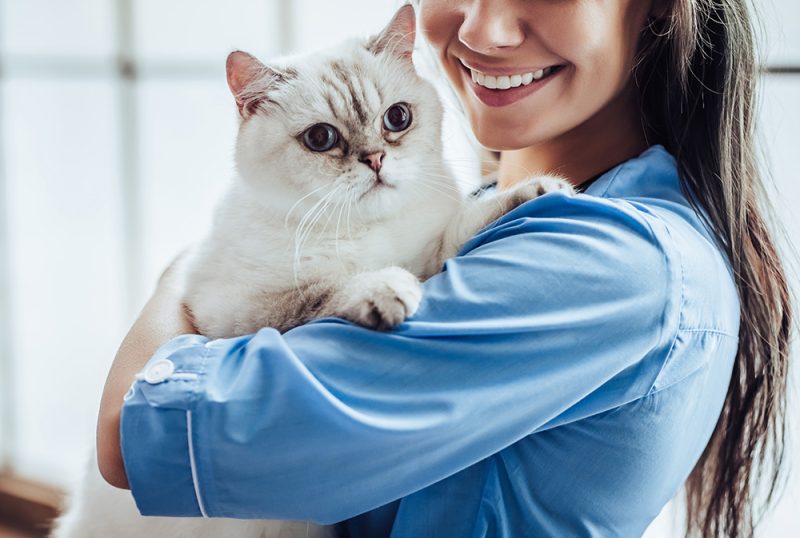There’s nothing more exciting than welcoming a new cat into your life. Having a pet involves taking good care of it and buying the proper cat food, plenty of kitty litter, and some toys. If you plan on allowing your cat to go outdoors, you should know that tomato plants are toxic to cats.

What Makes Tomato Plants Toxic to Cats?
The tomato plant itself is what is toxic to cats, not ripe tomatoes. This means you can keep ripe tomatoes out on your counter without worrying about if they’ll harm your cat if they take a nibble.
The tomato plant belongs to the nightshade family of plants. Our friends at the American Society for the Prevention of Cruelty to Animals (ASPCA) tell us that the substance in the tomato plant that’s toxic to cats is solanine. The specific alkaloid in tomato plants is more correctly called tomatine. The ASPCA also states that when this toxic substance is ingested by a cat, the animal can experience:
- Hypersalivation
- Lack of appetite
- Gastrointestinal upset
- Weakness
- Slowed heart rate
- Dilated pupils
What to Do if Your Cat Eats a Tomato Plant
If you suspect that your cat has eaten the stems, leaves, or vines of a tomato plant and they are showing any of the signs of toxicity above, call your vet right away. Your vet will likely ask you several questions like how much of the plant your cat ate, when they ate it, and how they’re behaving.
If you need to speak with a vet but can't get to one, head over to PangoVet. It's an online service where you can talk to a vet online and get the advice you need for your pet — all at an affordable price!

If your vet asks you to bring your cat to the office, they will examine your cat and take the appropriate action. Your vet may use activated charcoal to help bind the toxin in the gastrointestinal tract to prevent further absorption.
How to Keep Your Cat Away From Tomato Plants
If you’re growing tomatoes in your yard or have a few plants growing in pots on your patio or deck, you should consider removing the plants to keep your cat safe. Another good solution for keeping your cat safe around tomato plants is to put tomato cages around the plants.
Another idea is to use a cat-safe spray deterrent to keep your cat away from your potted plants. If you have tomatoes growing in your garden, put up some fencing to keep your cat out of the area. While felines are notorious climbers and jumpers, a loosely strung fence made of chicken wire can effectively deter your pet from getting near your tomatoes.
If none of these solutions works to keep your cat away from your tomatoes, you’ll have to remove the plants. As a cat owner, sometimes you have to make a few sacrifices. Just remember that your little buddy counts on you to keep them safe, so do what needs to be done, even if you’re not crazy about it.
If your cat is allowed outdoors and they tend to wander through the neighborhood, there’s not much you can do to keep them away from tomato plants. However, you should know that cats typically only nibble on tomato plants to see how they taste.
If you’ve ever taken a nibble from a tomato leaf, stem, or vine, you know that it is bitter. Likely, your cat will simply move on once they get a taste of all that bitterness.
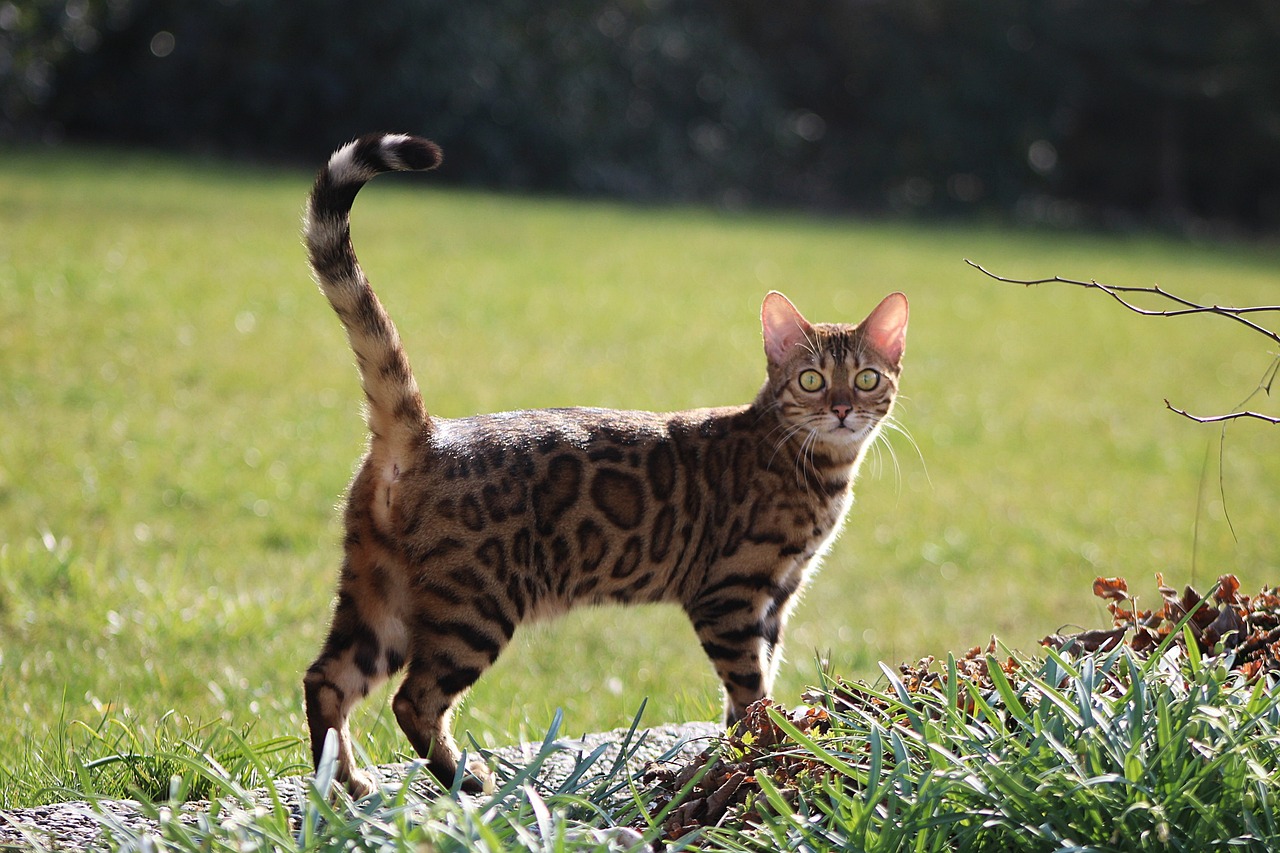
Cat-Safe House & Garden Plants
There are plenty of plants you can grow both indoors and outside that are non-toxic to cats. Consider growing some of these cat-safe houseplants and outdoor plants:
- Spider plant
- Parlor palm
- Ponytail palm
- Hawthorne succulent
- Polka dot plant
- Boston fern
- Echeveria succulent
- African violet
- Venus flytrap
- Bird’s nest fern
- Watermelon peperomia
- Orchid
- Baby tears
- Friendship plant
- Prayer plant
These are just a few of the many plants you can safely grow if you have a cat. If you’re interested in growing a particular plant and are unsure of its toxicity to cats, check the toxic and non-toxic plants list on the ASPCA website to find out for sure.
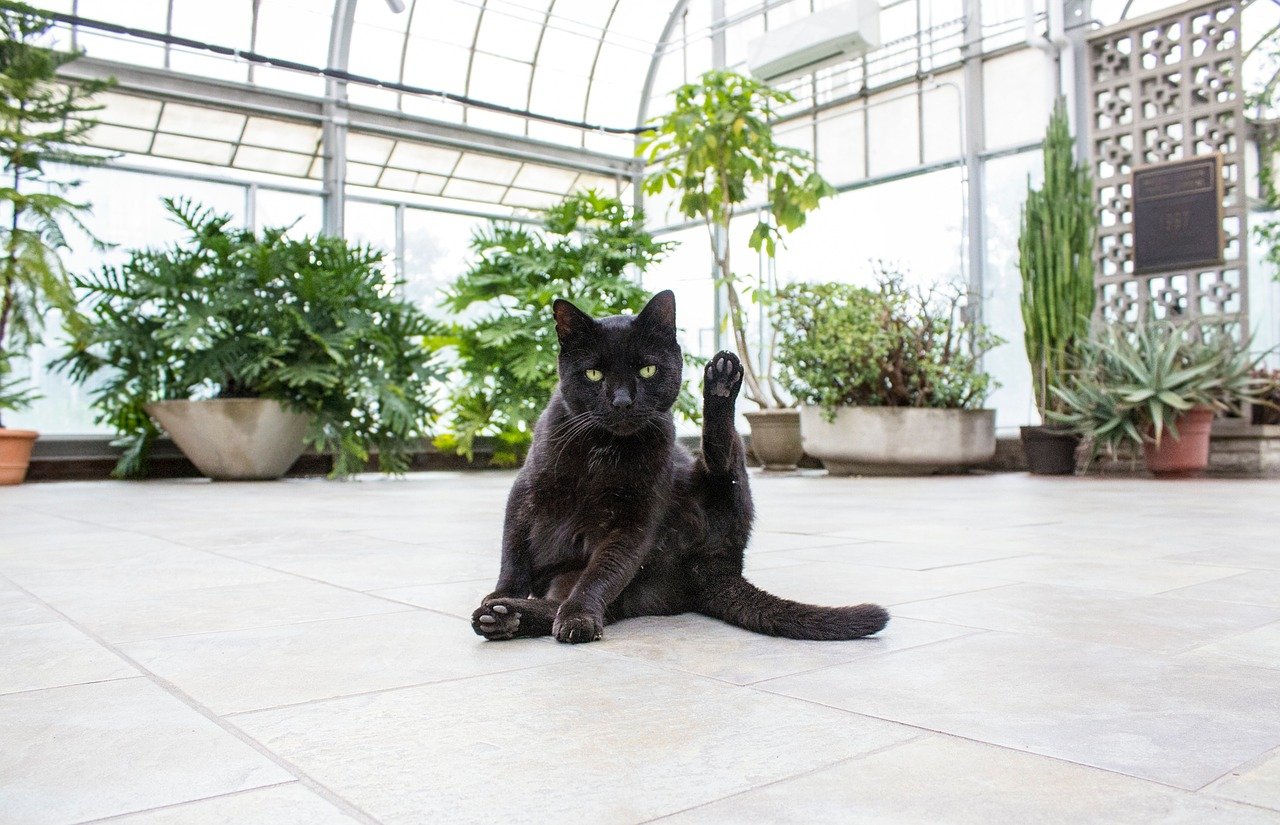

Conclusion
Tomato plants are toxic to cats, which means you shouldn’t allow your cat near them. If you suspect your cat has eaten a tomato and they’re showing signs of illness, contact your veterinarian right away. It’s up to you to keep your furry friends safe, so do whatever it is that is in their best interest.
Featured Image Credit By: Paul Maguire, Shutterstock
